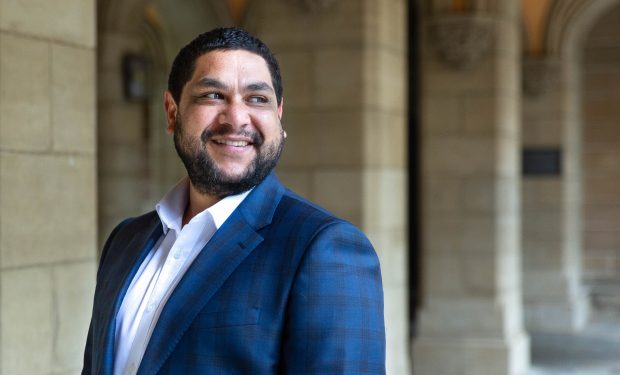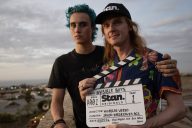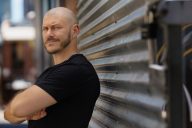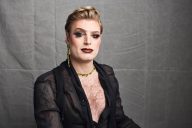The newest Victorian Commissioner for LGBTIQ+ Communities is a proud gay man, who also happens to be Indigenous.
Can you tell us what The Victorian Commissioner for LGBTIQ+ Communities does?
Todd Fernando: There’s two functions to the roll. In one I’m the face of government into community, and in the other I’m the face of community into government. Part of that is providing high level strategic advice to the Victorian Government, on the implications of the decisions they’re making about LGBTIQ+ people, their organisations and services. Part of that is negotiating on where these communities are heading, and what it is that governments are responding to. Sometimes the two don’t match up, and I need to figure out a safe strategy on how to meet the LGBTIQ+ community’s needs.
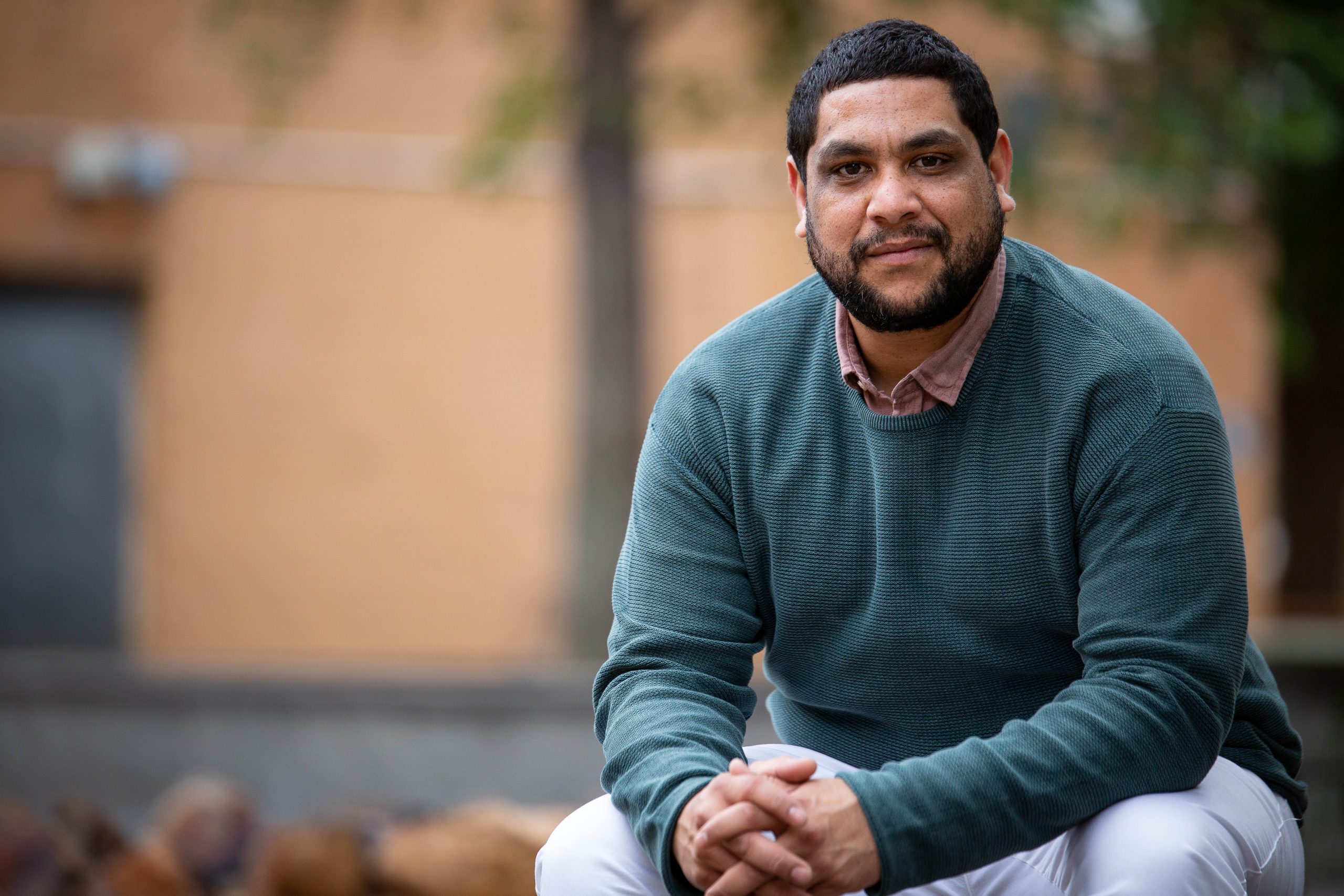
Victorian Commissioner for LGBTIQ+ Communities, Todd Fernando
What are the biggest challenges you face?
With the Whole of Government LGBTIQ+ strategy, part of the roll out has been working with Local Governments on the ground. I’ve now visited 70 of the 79 Victorian Local Governments, and the range of understanding, compassion and education towards LGBTIQ+ people and their issues are very diverse. For instance, what needs to happen in Sale compared to Mildura or even Metro Melbourne, are all very different. So, the strategies need to be different because the ‘one size fits all’ concept is no longer appropriate, particularly as we build pride and equality in different areas. Pride looks different for different communities, which we’ve recognised, and part of that challenge is to work with elected officials on the ground and bring them up to scratch on where LGBTIQ+ communities are going. That negotiation is probably the most challenging because not all local councils want to do this work and have a different way of thinking about it. That means LGBTIQ+ people have to bear the brunt of progress, and often face setbacks – while looking at other communities who are excelling in their celebration of pride. I have a challenge in keeping community members safe while waiting for their local council to make a decision on flying the rainbow flag on IDAHOT Day. This is while watching other councils like Daylesford and Hepburn, make plans for The Big Rainbow project. So, there’s diversity amongst response.
“What I’ve found is queer communities of colour are coming out more.”
Daylesford winning The Big Rainbow is huge!
Yes, I was speaking to one of the judicial community members who fought the fight for Hepburn Shire Council to fly the rainbow flag a decade ago. He fought tooth and nail for that council to fly that flag and remarked on the journey the area has gone through. They now have the Chill Out Festival which brings $10 million into the local community. Now that Daylesford is to have the Big Rainbow, that community member was particularly overwhelmed. But Daylesford is just one community. There are others like West Wimmera, who’s mantra is to stop flying the flag. And they’re only separated by 141 kilometres.
For those unaware, can you explain about the Victorian Pride Centre?
Technically it’s the second largest Pride Centre in the world. The technicality there is that the Pride Centre in San Francisco is spread across a number of different buildings, but ours is the largest in the Southern Hemisphere, and the only one in Australia. It’s located in Fitzroy Street St Kilda, and is a fit-for-purpose building housing all of the peak LGBTIQ+ bodies and organisations. People often think it’s just a little hole in the wall, but it’s an incredible $15 million building with co-working spaces, rooftop area, bar, theatrette, health service, JOY 94.9 FM and so on. We’re now seeing services partnering with each other because they’re in the same building and talk to each other. It has a sense of pride and joy, and you see people walk in, and their shoulders relax as they feel at home. You can feel the queerness in the building!
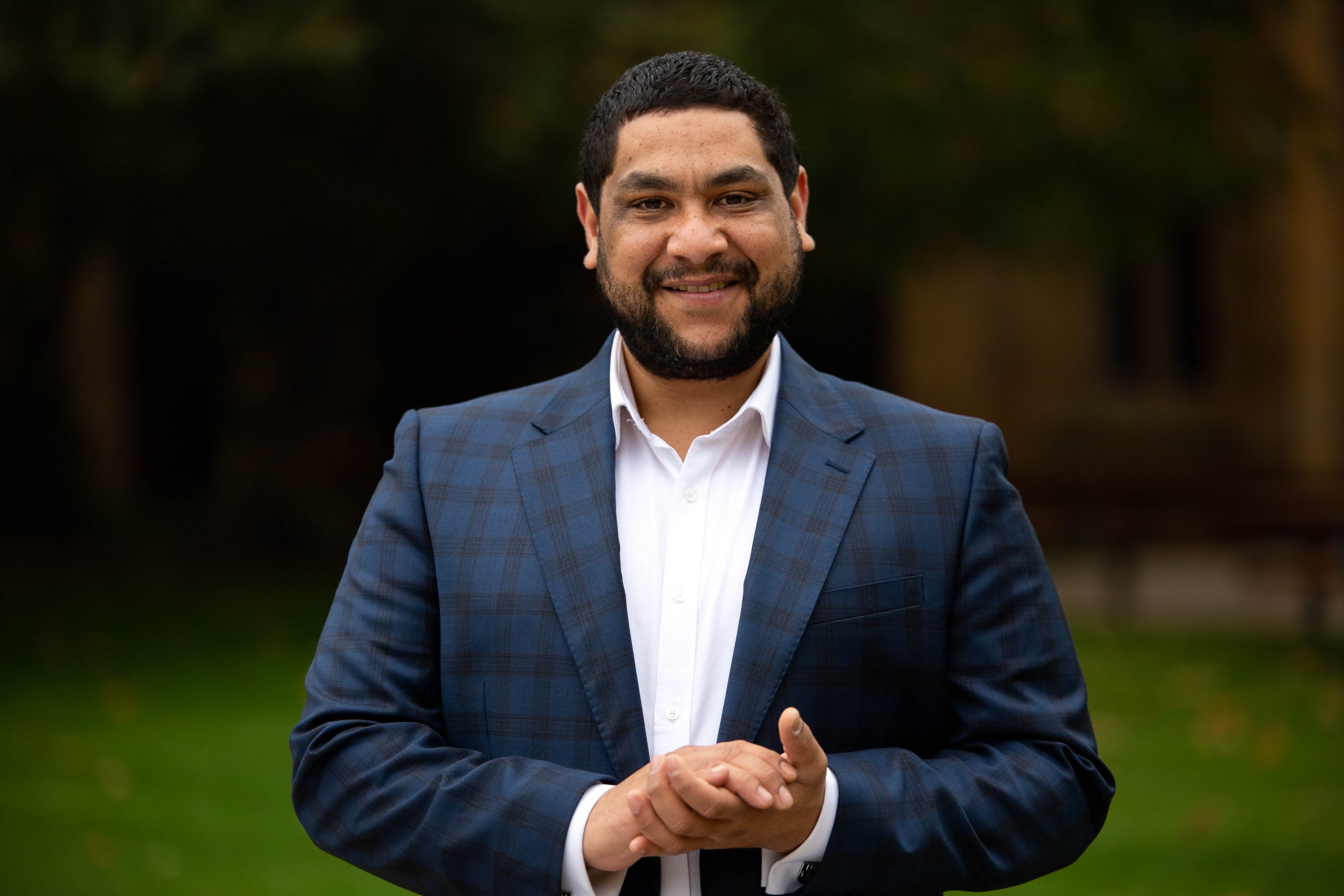
Victorian Commissioner for LGBTIQ+ Communities, Todd Fernando
Can you explain about the Aboriginal rainbow community and the creation of Koorie Pride Victoria?
It came about from a weird sense of pain, and what I mean by that is for many Aboriginal LGBTIQ+ people, or Rainbow Mob as they’re often called, they didn’t feel at home with the local Aboriginal Health Service. Not that their queerness was a hindrance or that there was homophobia, but they similarly felt out of place at queer services too. Whether that’s through forms of racism or discrimination, but what it meant for a section of our community was, they didn’t feel at home anywhere. They felt they were fighting a solo fight, so we created Koorie Pride Victoria, which is the only Aboriginal queer adversary body in Victoria and it works both with Aboriginal community controlled organisations and LGBTIQ+ led organisations, to build social connections and a sense of belonging and pride.
“As gay men, we’re still kind of privileged and it’s time we reminded ourselves about other people within the rainbow community who need our support.”
How does it feel as an Indigenous gay man to be in this role?
It’s crazy. I could never have dreamt it. I feel very lucky and honoured to be in this position and I’m not only one of Australia’s youngest commissioners ever, but I am the first openly gay Aboriginal commissioner. I’m also the first Aboriginal commissioner to hold a non-Aboriginal commission. I’m only 33 and it’s very overwhelming in some sense, but at the same time I think this is where we’re going as a state and nation. What I’ve found since being in the role, is queer communities of colour coming out more. They feel comfortable in being in queer spaces much more so now because they see themselves reflected in queer leadership, and that’s been my biggest kind of silent legacy. We’ve been working with organisations like PacifiqueX which is the Pacific Island LGBTIQ+ community who have their own organisation like Koorie Pride. They now feel a sense of belonging within the entire rainbow community, simply because someone who looked or sounded like them is now in leadership. That gives me a sense of pride, and I’m proud of that. But at the same time, it’s a legacy win for all of us.
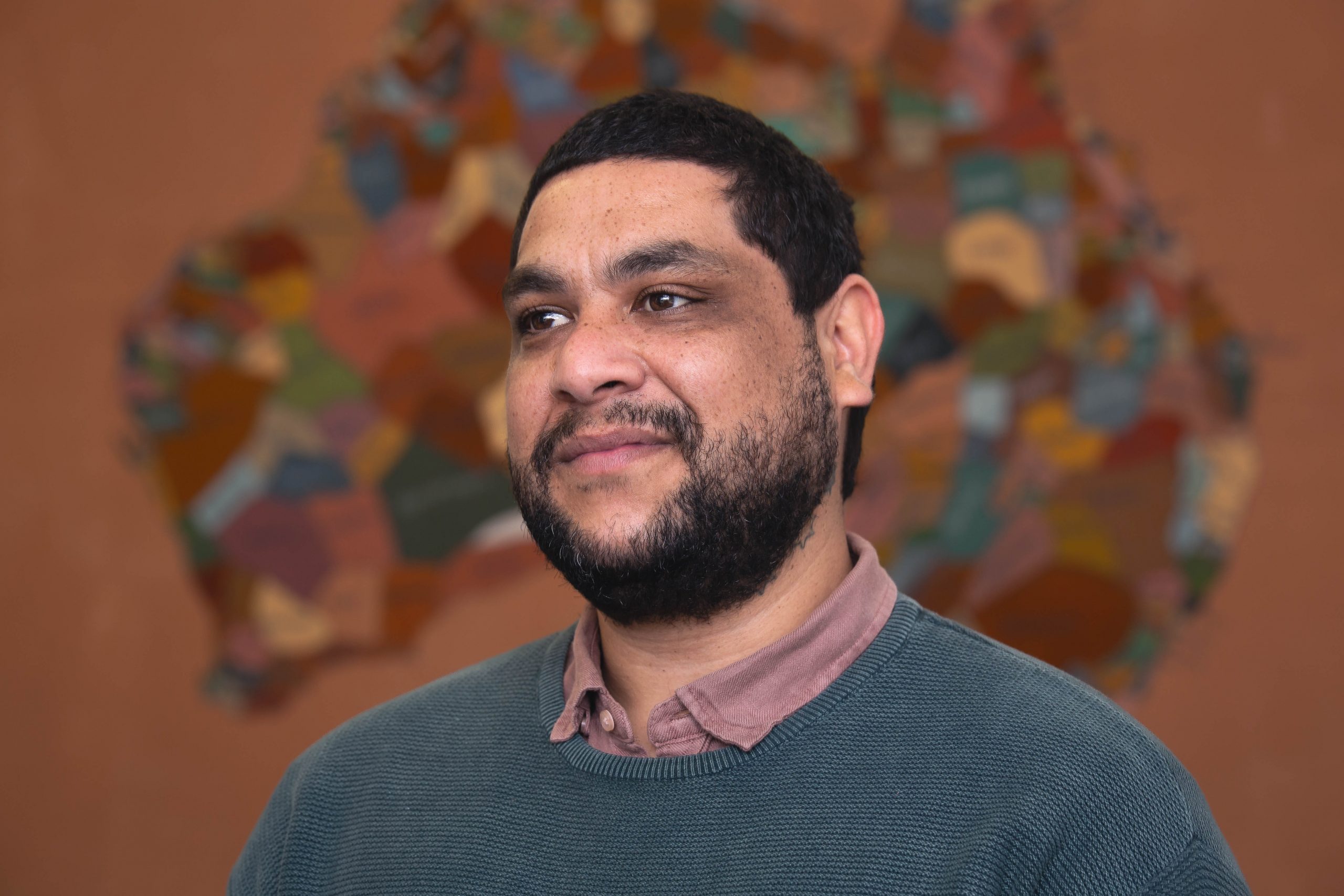
Victorian Commissioner for LGBTIQ+ Communities, Todd Fernando
Growing up you faced racism and homophobia together. How did you push through those barriers?
I think I’m still pushing through those barriers. I looked for a sense of community and I did the move that so many queer and gender diverse people do, which was to move from my country town into the city to find my chosen family. Not only did I find amazing queer people, but I found them at the intersection of culture and race. That allowed me to understand that my experiences of receiving homophobia and racism wasn’t a solo thing. I had other people to unpack it with, but it also meant we had strategies for figuring out how to respond. Not all of our communities have been welcoming at times, but I think we’re getting better at understanding people’s needs. As gay men, we are still kind of privileged and it’s time we reminded ourselves about other people within the rainbow community who need our continued support. So, I struggled a bit with the racism and homophobia, and my mental health suffered because of it, but now I’m on the other side and able to help lead the charge.
Do you hang out with the other State Commissioners?
I do! I share office space with most of the Victorian State Commissioners, which is great fun. Being the youngest is interesting, because most of the others have another couple of decades of work on me. That’s my way of saying they’re older! Nonetheless, they are incredibly excited about the work we all do. We all get to share our resources, ideas, and strategies. In fact, we’ve been trying to figure out what our collective name is, and we’re settling on the Commission of Commissioners!
“I struggled with racism and homophobia, and my mental health suffered, but now I’m on the other side.”
What about your predecessor Ro Allen? (Now Victorian Equal Opportunity and Human Rights Commissioner)
Ro and I go for very early morning walks together, twice a month. Ro is one of my closest mentors and she has big shoes to fill. It’s quite rewarding to have people like her continue to guide and shape me in the role. We are both leading the charge in Victoria to ensure that all our human rights are upheld.
Who else have been great influences and mentors?
When I did my PhD in medical anthropology, my supervisor was Professor Marcia Langton. She’s one of those Indigenous thinkers who shaped a lot of Australia’s response to Aboriginal and Torres Strait Islander policies. I learned quite a lot from her on how to walk and navigate in the world we live in. I also have a keen observation for people who don’t know they are mentors to me, but I look up to them in secret. They are often community members on the ground who are doing the most incredible things, such as Maree Dixon who’s one of the social workers at Headspace in Bendigo and Daniel Witthaus, the CEO of Rural Pride Australia.
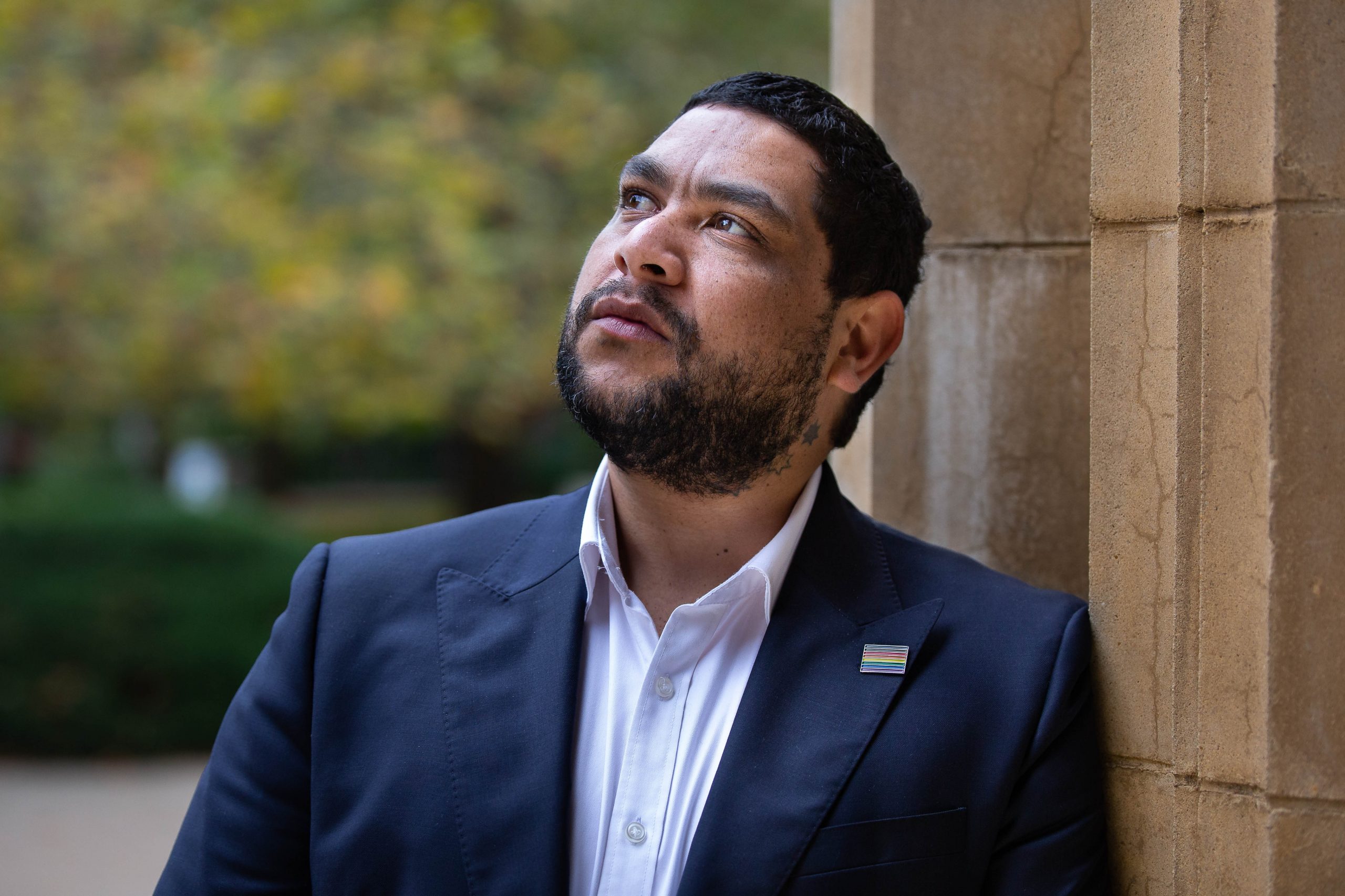
Victorian Commissioner for LGBTIQ+ Communities, Todd Fernando
Where do you think the LGBTIQ+ community will be in twenty years from now?
Surely within twenty years, we can have our first gay or queer gender diverse Prime Minister. I think it’s time, especially as now we have the Victorian Minister for Equality Harriet Shing, who is an out and loud lesbian Asian Australian woman. It’s taken so long to get someone like her in that position, so I imagine over the next twenty years we’ll see much greater representation of queer and gender diverse people in positions of political leadership. As well as our oganisations being able to have secured funding and some may even have disappeared by then, because we will no longer need those types of services. I think that’s a pipe dream, but a gay PM? Why not!
Do you have a favourite quote?
“Sometimes we just have to bear the brunt”. We all do that in our own different ways in these roles. We bear the brunt of progress and of being who we are. Bearing the brunt is not always a bad thing, because it makes us great. It can turn us into better and stronger people. That phrase comes out of my mouth most days!
Outside of your role, what are your favourite past times?
I like being out in nature, so I’ll often pack up the ute and drive out to a state park and camp. I love fishing and I’ll turn off the phone and disconnect. I try to switch off from being gay, but these Brokeback Mountain things happen while camping (laughing).
“Surely within twenty years, we can have our first gay or queer gender diverse Prime Minister!”
What music are you into?
I’m a secret country music lover, but I’m also very eclectic and can go from Country to House and Techno. There was a recent TikTok’er who did a House and Electro version of Shania Twain’s, Man I Feel Like a Woman. That’s everything I love in music!
And your diva?
Every gay man loves a bit of Donna Summer pumping out over the dancefloor, but I also loved the late Aaliyah from the Nineties (Queen of the Damned).
Lastly, how does it feel to have an ABBA song as your name?
One of the coolest memories that I have from High School, was the way my English teacher would never say my name during roll call. She’d say, “Can we hear the drums?” I would just look and give her a nod.
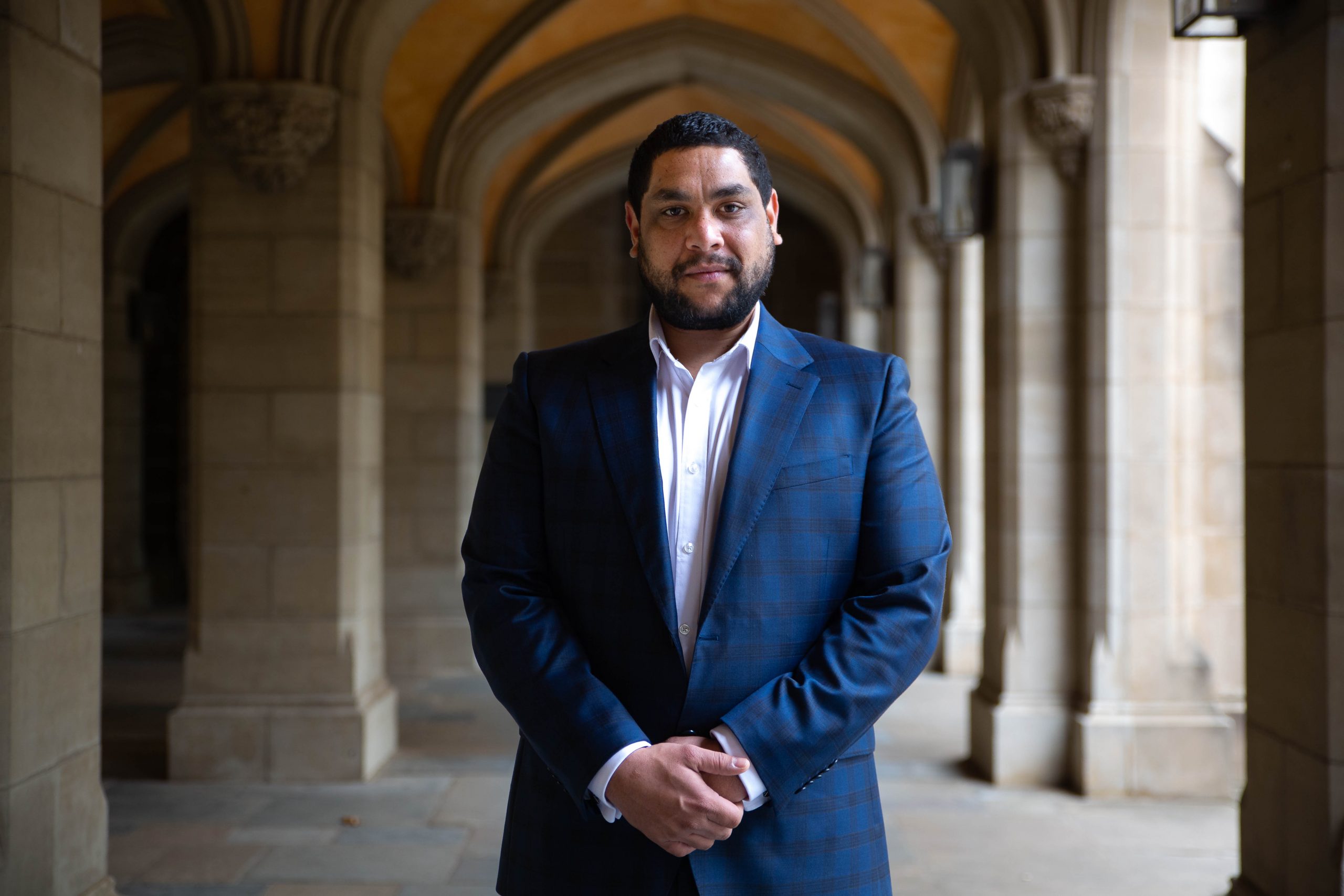
Victorian Commissioner for LGBTIQ+ Communities, Todd Fernando

